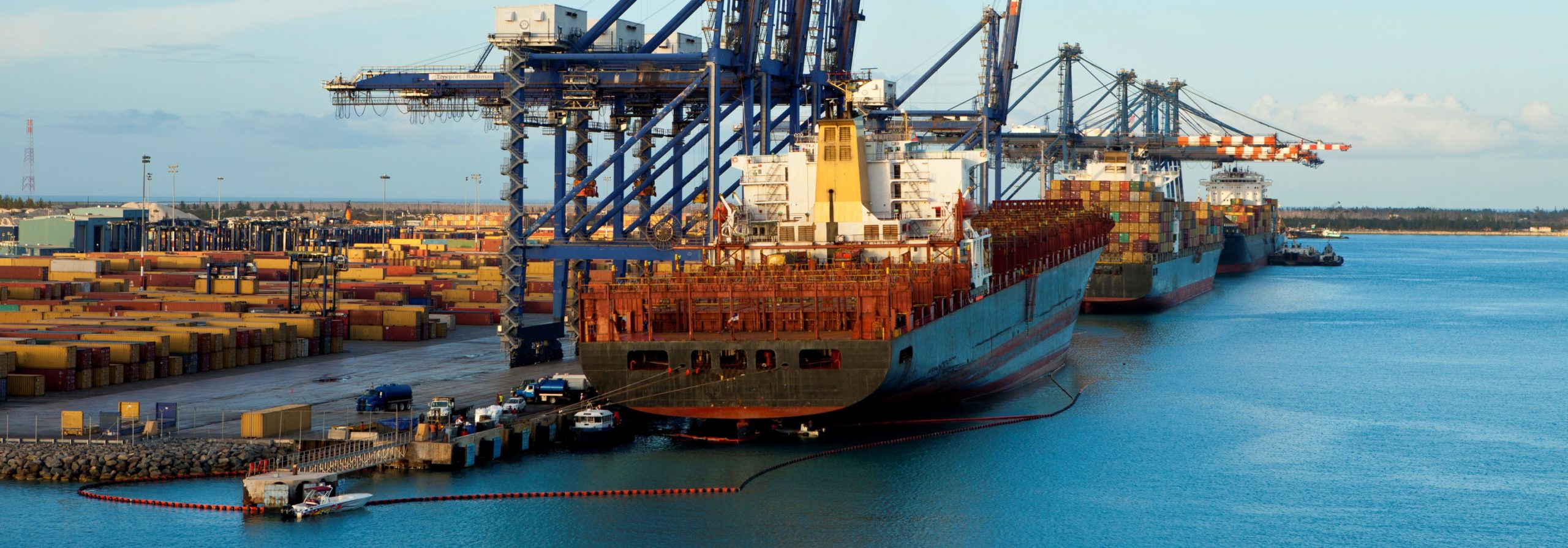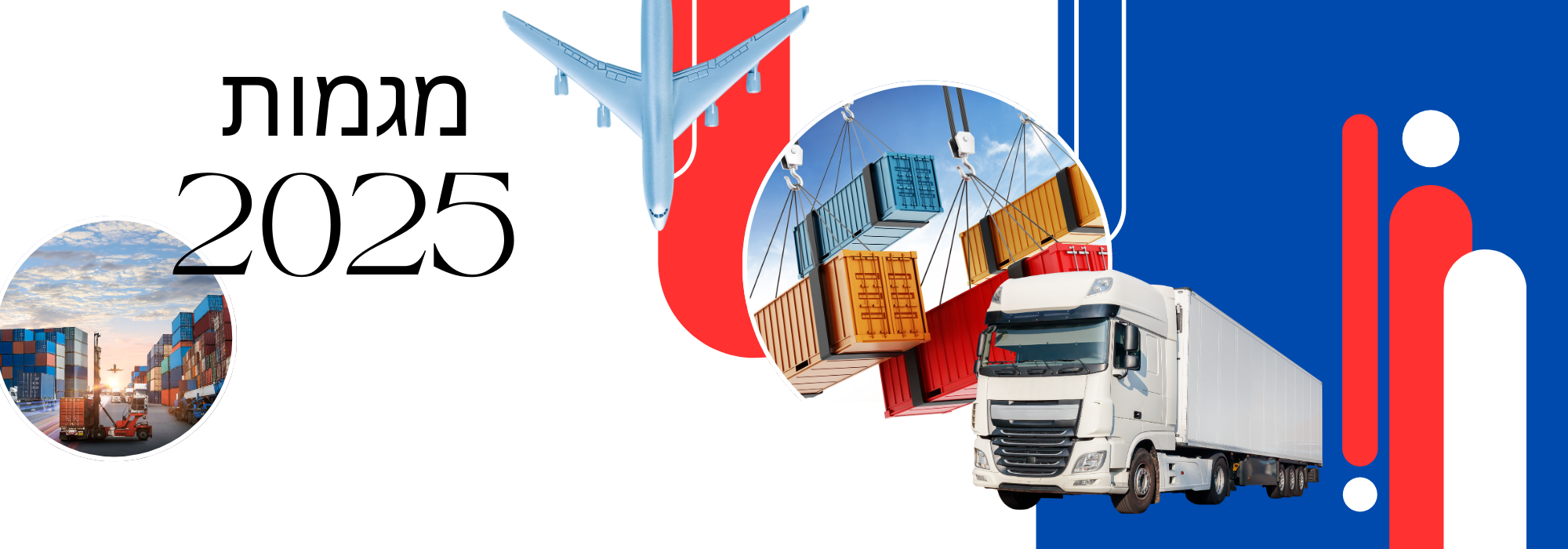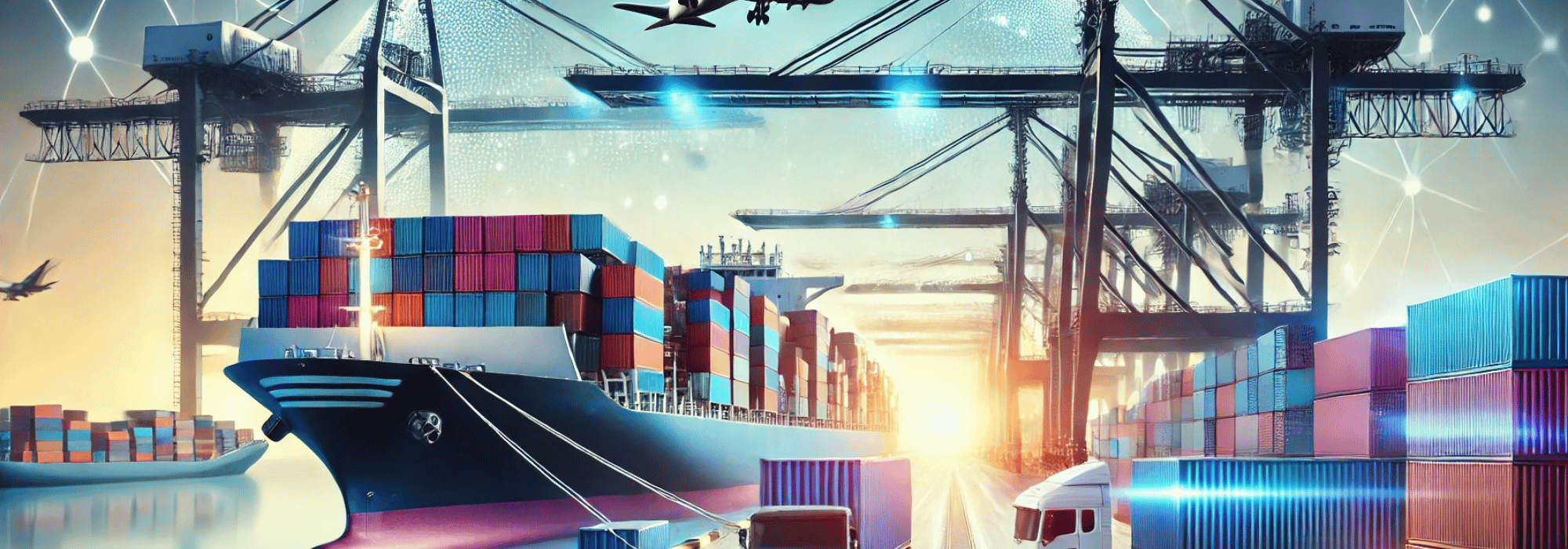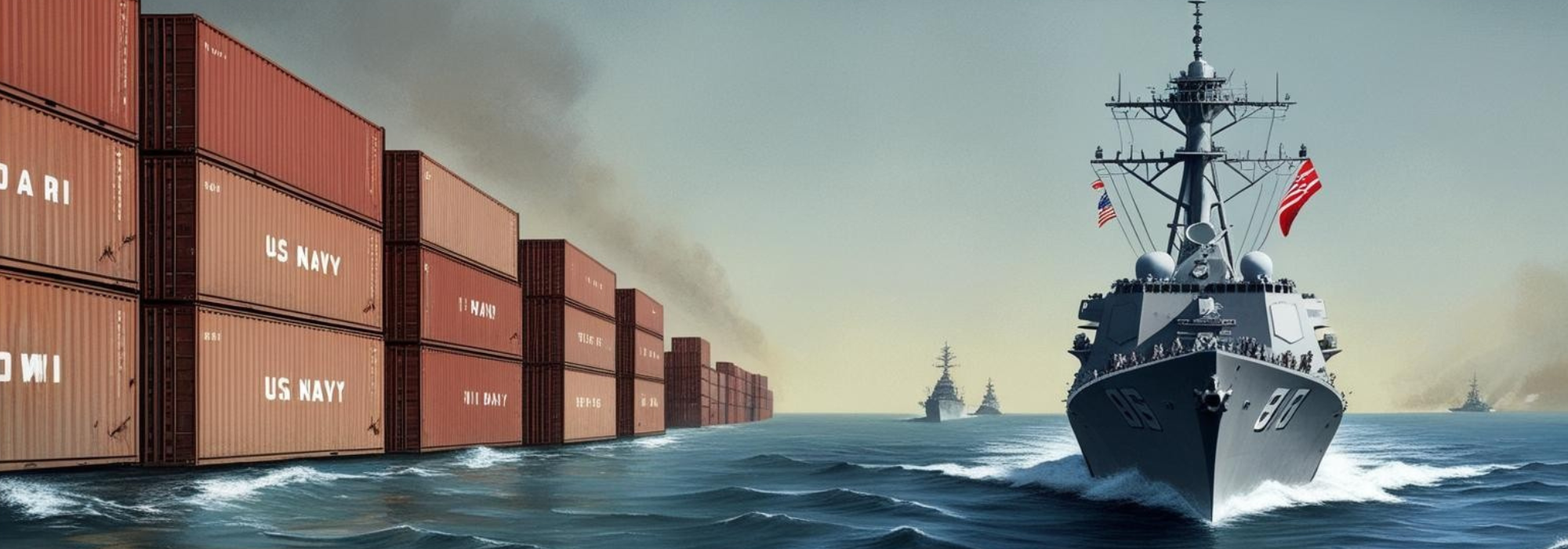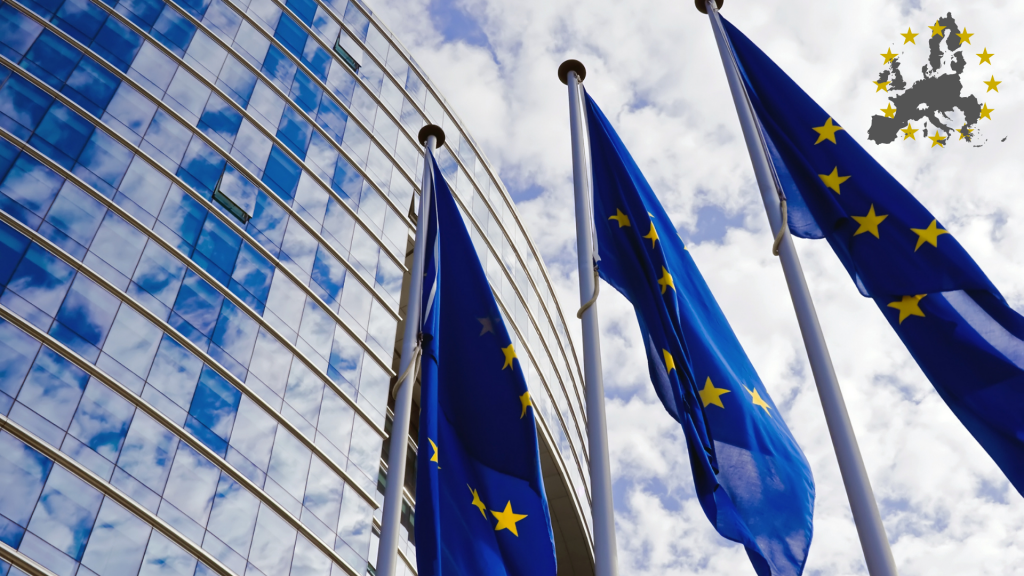
Anti Dumping
A non-EU company is ‘dumping’ if it exports a product to the EU at a price lower than the normal value of the product.
The normal value is either product’s price as sold on the home market of the non-EU company, or a price based on the cost of production and profit.Making an anti-dumping complaint
The European Commission is responsible for investigating dumping claims and imposing measures.
It opens an investigation after receiving a complaint from the European producers of the product concerned. The Commission can also do so on its own initiative.
- Conditions to make a complaint

- Contact the European Commission’s anti-dumping service
- How to draft an anti-dumping complaint
 (other languages
(other languages )
)
The anti-dumping investigation
If the Commission is satisfied that the complaint contains enough evidence, it opens an anti-dumping proceeding (investigation) by publishing a notice in the EU’s Official Journal
The investigation checks if:
- there is dumping by the producers in the country/countries concerned
- the European industry concerned suffers ‘material injury’
- there is a causal link between dumping and injury
- putting measures in place is not against the European interest
It is only when all four conditions are met that the Commission may put anti-dumping measures in place.
The time limit for the Commission’s investigation is 15 months. The results are then published in the Official Journal.
- The full conditions
 for putting an anti-dumping measure in place.
for putting an anti-dumping measure in place. - Main stages of an anti-dumping investigation

- Flowchart of a typical anti-dumping investigation

Recent changes to dumping calculation methodology
Since December 2017 the EU has an alternative method to calculate dumped imports if state interference significantly distorts the economy of the exporting country.
In this case, the Commission will instead will use undistorted benchmarks to determine the ‘normal value’ of the product. This can apply to all WTO Members where significant market distortions are found.
To show that distortions exist, the Commission will examine all evidence in any case, as well as prepare country-specific reports. Reports on China and Russia have already been published.
- Commission memo
 on how it calculates state-distorted dumping.
on how it calculates state-distorted dumping. - Country report on China

- Country report on Russia

Anti-dumping measures
Anti-dumping measures can be put on imports of specific products if the Commission’s anti-dumping investigation justifies it.
These measures are usually in the form of an ‘ad valorem’ duty. Other measures that can be applied include a fixed or specific amount of duty or, in some cases, a minimum import price.
Price undertakings may also be accepted instead of anti-dumping duties. This is where the exporter agrees not sell products in the EU at prices below a minimum amount.
If the Commission agrees to an undertaking then the anti-dumping duties will not be collected on those imports. The Commission is not obliged to accept an offer of an undertaking.
The importer in the EU pays the duties and the national customs authority of the EU country collects them. The Commission monitors measures to make sure they are effective and respected by exporters and importers.
Types of trade defence measures
The way forward on anti-dumping
An anti-dumping investigation can be initiated in response to a complaint lodged by European manufacturers affected by dumped imports or at the request of an EU country.
Community producers who are considering lodging an anti-dumping complaint, should contact us.
Reviewing anti-dumping measures
Measures are generally in place for five years and may be reviewed if, for example:
- the circumstances of the exporters have changed
- a new non-EU company starts exporting to the EU and requests the calculation of its own dumping margin
Measures end after five years unless the Commission does an expiry review.
Refunding anti-dumping duties
Importers may request a full or partial refund of duties paid when they can show that they paid duties in excess of the actual dumping margin prevailing for their non EU-supplier.
More related articles...


The Impact of Geo-Economic Escalation on Israeli Exports: In-Depth Analysis and Critical Actions
Introduction The trade war between the United States and China is intensifying—and its effects are reaching far beyond Asia. In recent months, the U.S. government
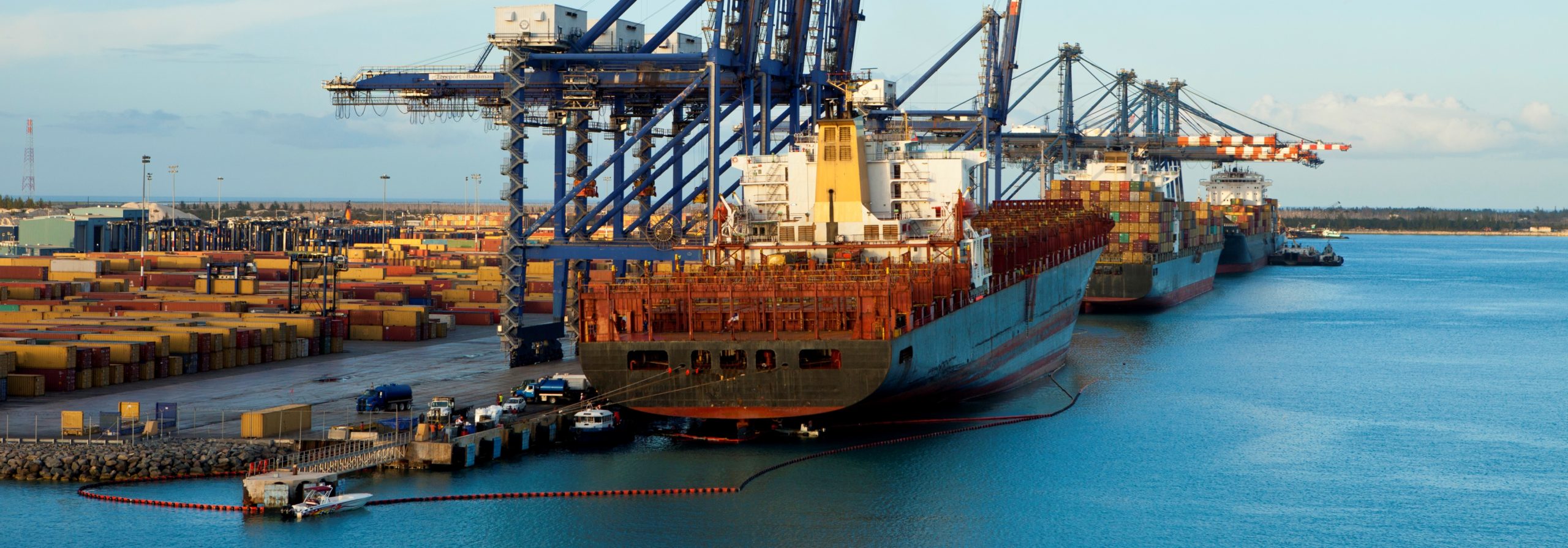

Container Exports – Important Information
The global trade market significantly relies on containers—giant metal boxes that allow for the safe and efficient transport of cargo worldwide. When discussing the export


Common Import Pitfalls – How to Avoid Surprises at Customs?
Introduction The world of importing is one of the most fascinating and dynamic fields in the global economy. As the world becomes more interconnected and


The “What’s Good for Europe is Good for Israel” Reform Expands to the U.S.
The “What’s Good for Europe is Good for Israel” reform was approved by the Knesset with the aim of facilitating the import of products to
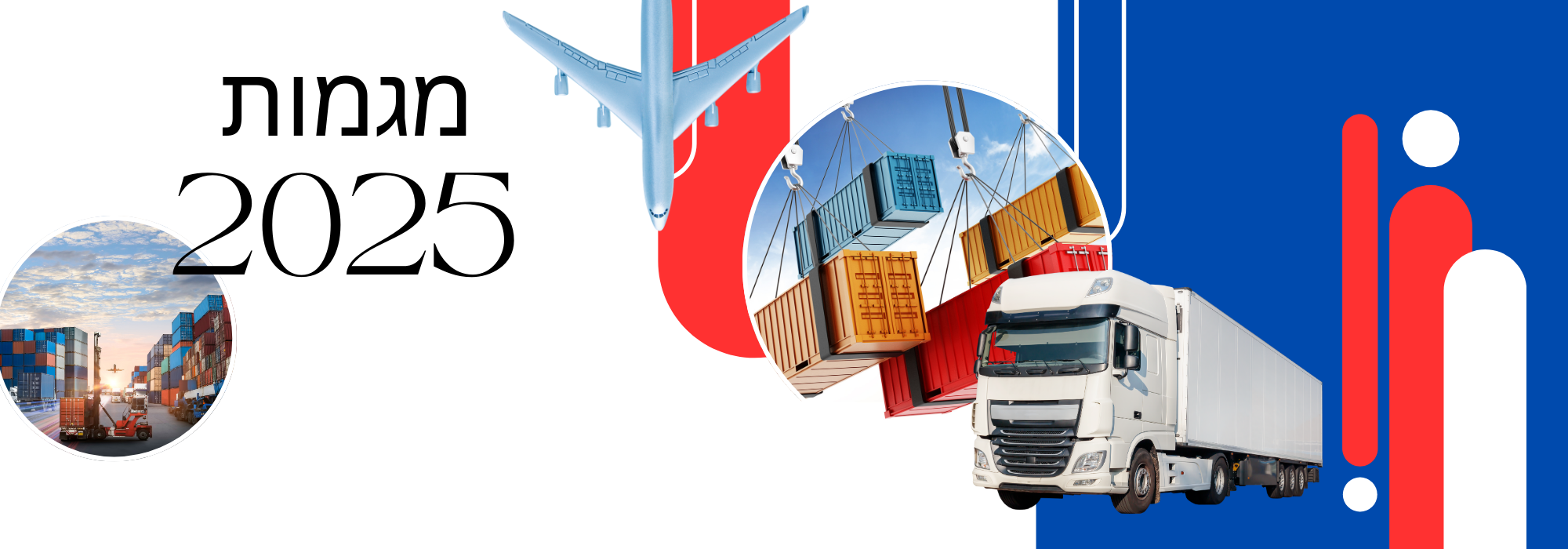

New Trends in Import, Export, Customs Clearance 2025
Below is a current overview of the trends and news affecting the fields of import, export, customs brokerage, and international shipping, with a look towards
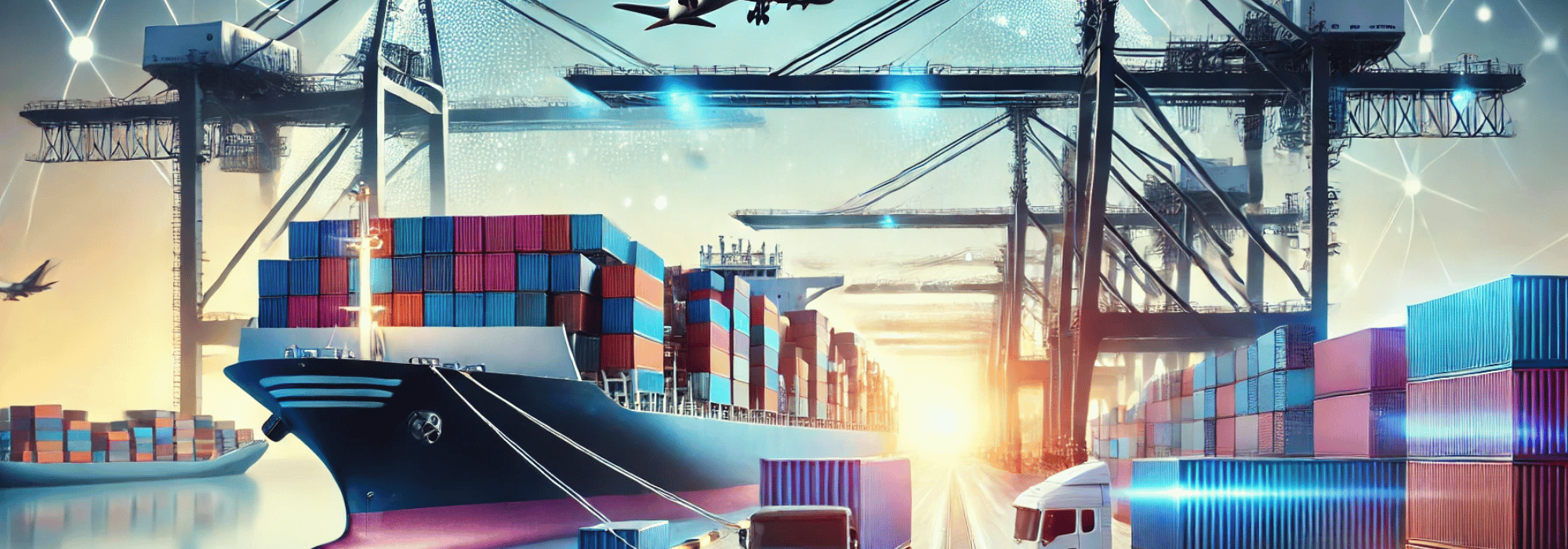

Current Trends in International Trade and Their Impact on Local Businesses
Introduction – The Impact of Globalization on International Trade and Local Businesses International trade has undergone dramatic changes in recent decades, with globalization turning the



